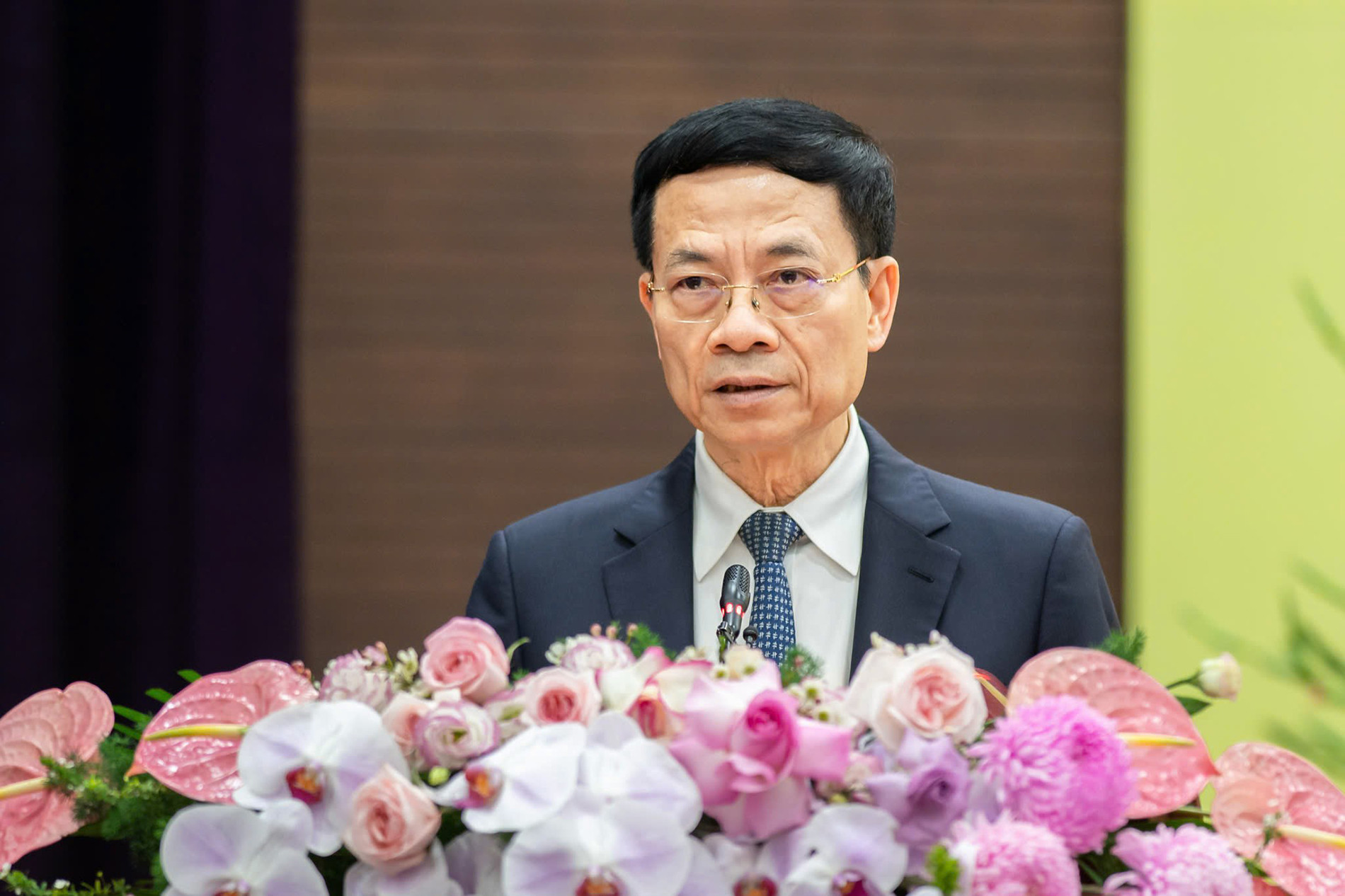
“With a virtual assistant, the least competent individual in any organization can be as qualified as an above-average or good employee,” Hung said.
Speaking at the Ministry of Home Affairs’ (MHA) year-end conference on December 21, 2024, Hung focused on digital technology in civil servant management and use.
While affirming that MHA had a very busy year in 2024, Hung commented that in reality, there are works expected to be implemented for dozens of years, but could be accomplished within one year, and in some cases, work cannot be completed after five years, but can fulfilled within one year.
MHA, like other organizations, has two kinds of work that need technology support – time-consuming work and difficult work.
Civil servants can shorten the time needed to implement time-consuming tasks by applying IT (information technology) to automate operations, such as digitally managing civil servants’ profiles.
Recently, MHA built a database about civil servants in the centralized management database with real-time updates.
As for difficult tasks that need to be digitized, such as assessing cadres, appraise their efficiency and capabilities, new measures have been applied recently to improve work efficiency, but no breakthrough has been made.
Once technology is used to assess civil servants’ capabilities, the assessment will be objective, unbiased and transparent because it is implemented based on figures.
Hung believes that MHA can use automatic assessment tools and online tools to supervise workload of civil servants and the results of work, and give exact assessments about KPI (key performance index) and other quantitative indicators.
One virtual assistant for every civil servant
Another outstanding challenge for many years, according to Hung, is improving public servant quality. The traditional approach is re-training civil servants. However, there is a new approach which is more effective – providing one virtual assistant for every civil servant.
“Whenever a civil servant needs information and solutions, they can ask the virtual assistant. It is necessary to provide all knowledge of an organization to a virtual assistant and update the assistant with new information. If so, the virtual assistant can serve as the most excellent civil servant of the organization,” Hung said.
“With virtual assistants, the least-qualified of an organization will also be able to work as a good civil servant,” Hung explained.
He said that virtual assistants are the most effective app of AI (artificial intelligence). Vietnam’s digital technology firms now can master the technology and can immediately provide virtual assistants to MHA.
According to Hung, digitizing an organization depends on two factors. First, moving everything to a digital environment and turning into data. Second, changing the way of operation and process. Of these, turning everything into data is the most important step which determines the success of the process.
If the two things can be done, 70 percent of success of digital transformation will be accomplished. The remaining 30 percent depends on a ‘digital transformation director’ who uses technology to turn this vision into reality. The Ministry of Information and Communications (MIC) is ready to send staff to MHA to help develop such a system, if necessary.
In order to build a state apparatus which is compact and effective, in addition to renovating the structuring model and staff, it is also necessary to use technology.
“Digital technology, especially AI, can create big changes in the state’s apparatus,” Hung stressed.
MHA began gathering its resources to carry out digital transformation tasks in the beginning of the year.
It has released a shared electronic directory for use within the home affairs sector; and checked the number of civil servants and public employees of MHA with qualifications in IT, to optimize the staff to implement the ministry’s digital transformation tasks.
To date, all ministries, sectors, and localities have completed the connection of data with the National Database on Public Officials, with over 2.3 million records. They also have collaborated with the Ministry of Public Security to match over 1 million records with the National Population Database.
Trong Dat